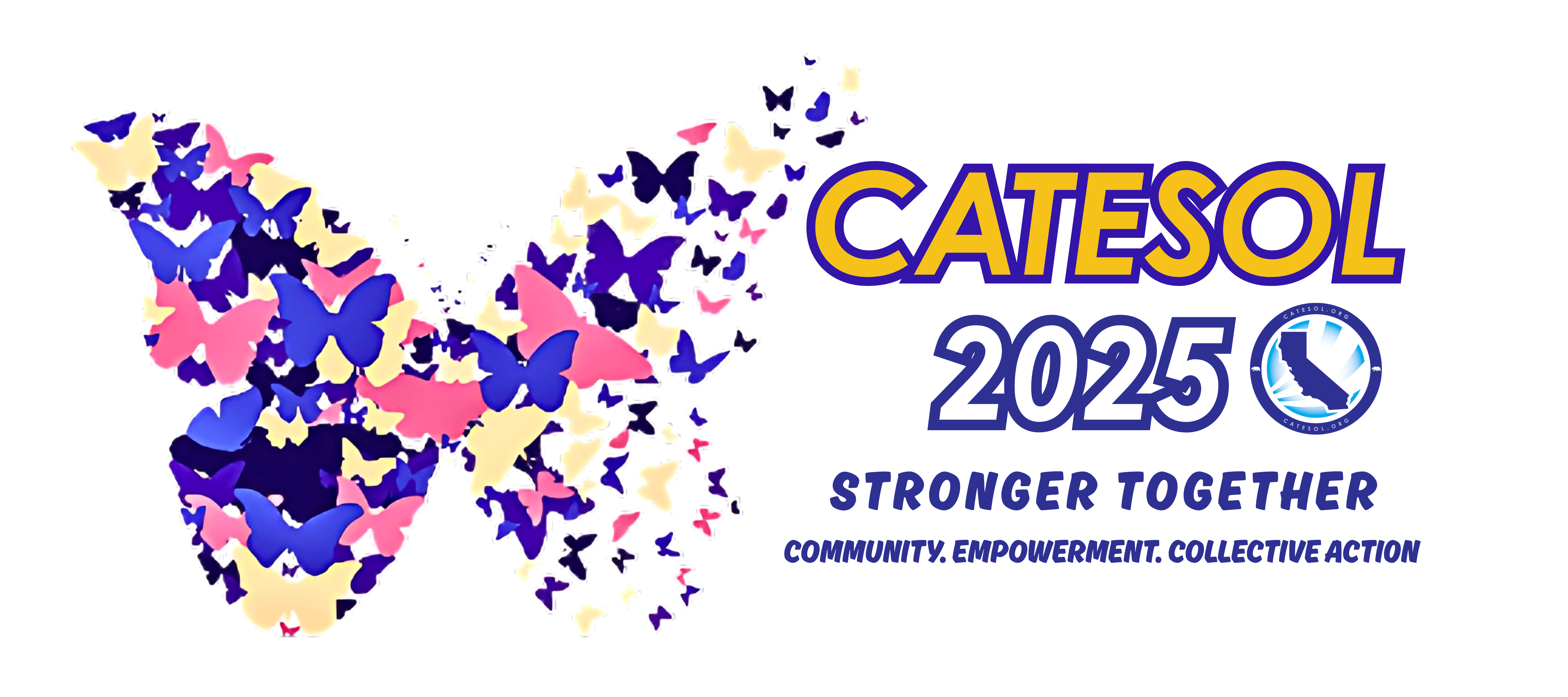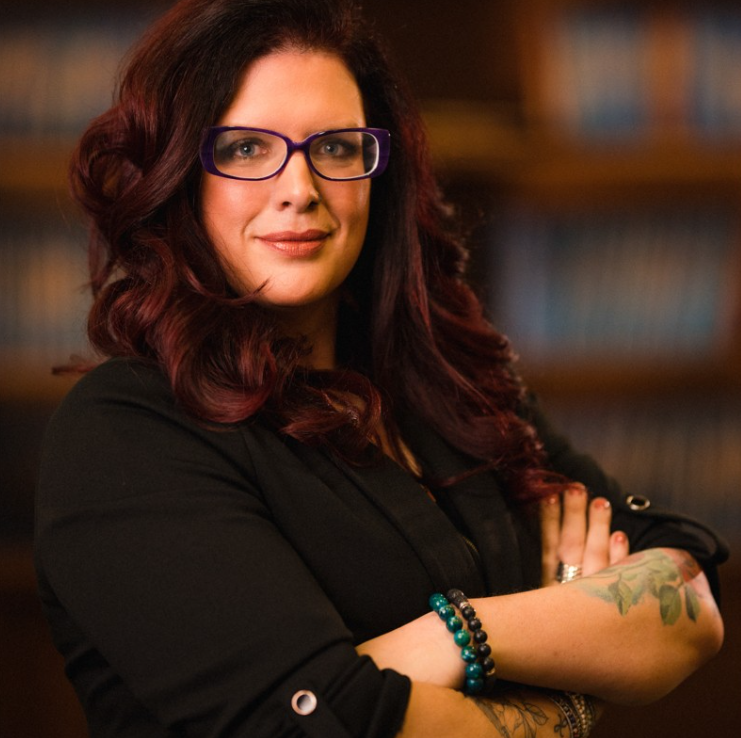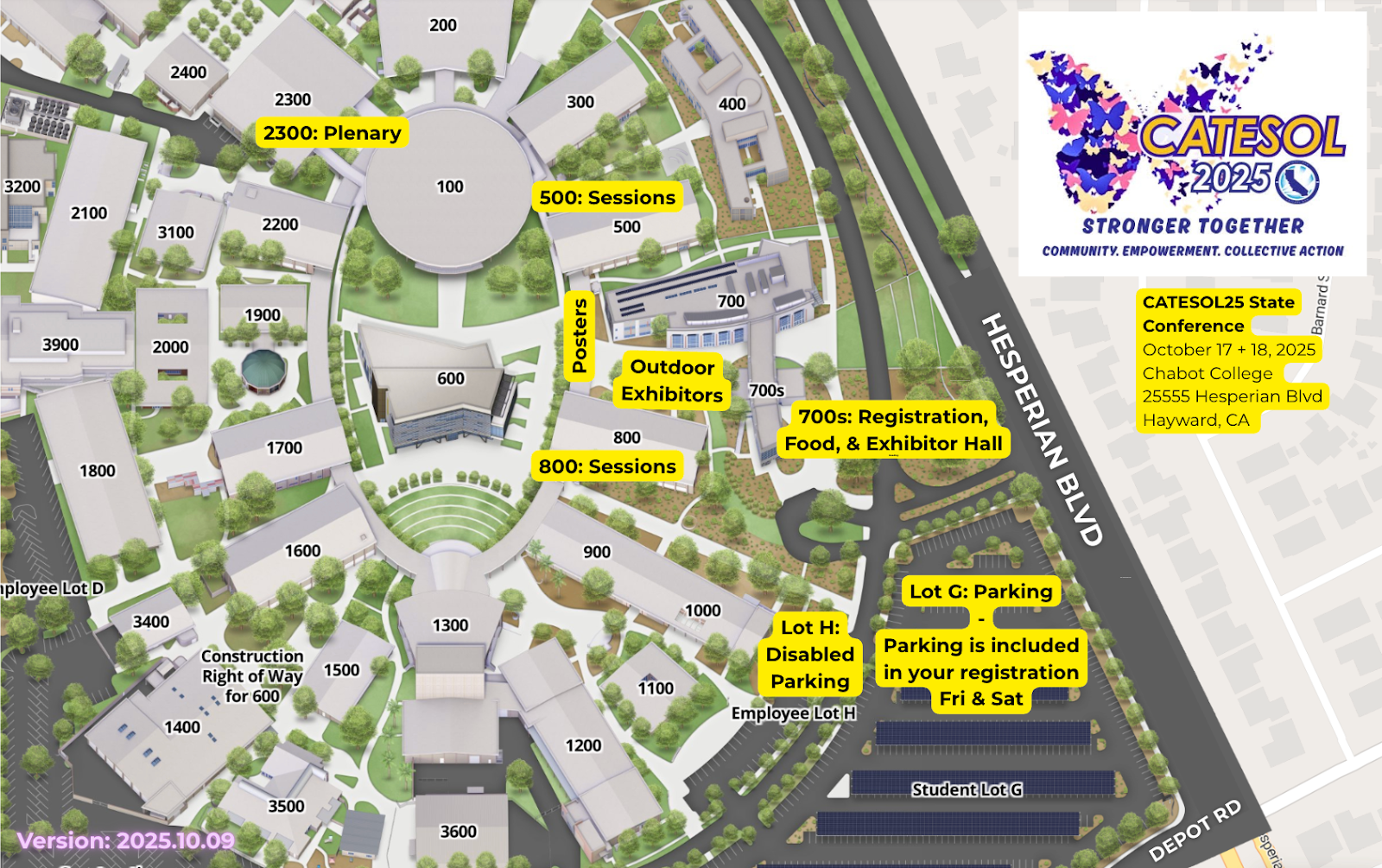catesol25_program
Our Program
October 17-18 at Chabot College, Hayward, In-person: Friday & Saturday
Plenary Speakers
Jeff Hutcheson- Director of Advocacy & Public Policy for TESOL International Association
Jeff Hutcheson leads efforts to raise awareness and voices for multilingual learners of English and TESOL professionals. From his first teaching position in Bangkok and throughout his 25+ year career in the ESL field, Jeff has worked with diverse groups and voices in building environments for success and support. As TESOL’s director of advocacy and public policy, Jeff works closely with TESOL’s members and affiliates on policy and issues to ensure their interests are served and advanced at all levels –locally, federally, and globally.
Friday Keynote
Education Policy in the U.S.: Navigating Shifting Sands
For almost fifty years, the U.S. has been guided at the federal level by the U.S. Department of Education, overseeing bedrock laws on educational access and provision along with educator support. This year, the new administration has sought to dismantle the Department, including efforts to defund vital appropriations for ELT professionals and the learners we serve. While we face these challenges, we must do more than oppose or react, we must lead in our advocacy to raise the voice of our colleagues and learners, as well as the schools and communities we serve. In this session on shifting sands, we look more closely at the challenges and explore the opportunities to effect policy at the local, state, and federal levels.
Saturday Workshop
Advocacy Workshop for the ELT Professional
As educators supporting multilingual learners of English and their families and communities, advocacy is not relegated to policy issues but rather embedded in all that we do. This workshop provides insights into the building blocks of advocacy, with key takeaways to propel yours, your learners, and your community’s advocacy efforts and plans.
Kelly Metz-Matthews, Ph.D - Adult Education Leader and Mentor
Dr. Kelly Metz-Matthews is Assistant Program Chair in the English as a Second Language Program at the San Diego College of Continuing Education. Over the years, Kelly has held a variety of leadership and teaching positions in both the community college and university systems. Kelly has twice served as a fellow at Stanford University where she focused on internationalizing community college curriculum and professional development programming. She is also a proud alumna of the U.S. Department of State’s English Language Specialist Program (Indonesia, 2024; Pakistan, 2023) and English Language Fellow Program (Russia, 2022 & 2021). Kelly completed her graduate work at Arizona State University and her doctoral work at the University of San Diego. She holds teaching and leadership-related certificates from San Diego State University, Columbia University, and Harvard University. Kelly’s research centers on collaborative and humanizing writing practices; language ideologies in multilingual contexts; the intersections of language, gender, and symbolic power; and, most recently, mentorship in the TESOL space. The first association Kelly joined as a new educator was CATESOL; it is forever her chosen association home.
Saturday Plenary
Moving Together with Purpose: Mentorship, Sponsorship, and Solidarity in TESOL
In an educational moment simultaneously marked by tumult and transformation, TESOL professionals are being called not just to react and adapt but to lead. Drawing on a robust body of research on educational leadership and mentorship and adapted to meet the unique needs of TESOL practitioners in unprecedented times, Dr. Kelly Metz-Matthews will speak to how academia paradoxically rewards individualism all while teaching is inherently relational. Arguing that we should “move together with purpose” and embrace the relational, she’ll examine our roles in seeking out and providing mentorship, sponsorship, and solidarity. She’ll posit that the aforementioned serve as essential pillars for curating meaningful careers, developing lasting professional networks, and furthering our own growth as complex human beings—especially in challenging times. A mix of the practical, the theoretical, and the empirical alongside a dash of hope, she’ll close with a call to action for us as educators, as colleagues, and as a broader community.
Schedule Overview
FRIDAY, OCTOBER 17
- 7:30am-4:30pm: Registration
- 8-9am: Breakfast & Orientation
- 8am-4pm: Exhibitor Hall & Coffee
- 9-11am: Sessions
- 11am-12:15pm: Plenary- Jeff Hutcheson
- 12:15-1:45pm: Lunch & Networking
- 1:45-2:45pm: Sessions
- 2:45-3:45pm: Exhibitor Hour & Snacks
- 3:45-4:45pm: Sessions
- 5-6pm: Grad Student Mixer
- 5:30-7pm: CATESOL Social
- 7:30-9pm: Moonlight Networking
SATURDAY, OCTOBER 18
- 7:45-10am: Registration
- 8-9am: Breakfast & Chapter Chats
- 8am-4pm: Exhibitor Hall & Coffee
- 9-11am: Sessions
- 11am-12:15pm: Plenary- Dr. Metz-Matthews
- 12:15-1:45pm: Lunch & IG/Level Workshops
- 1:45-2:45pm: Sessions
- 2:45-3:45pm: Exhibitor Hour & Snacks
- 3:45-4:45pm: Sessions
- 5p-6pm: Town Hall & Business Meeting
CATESOL 25: Chabot College Campus Map
Chabot College
25555 Hesperian Blvd., Hayward, CA 94545
Parking
Park in Parking Lot G, at the corner of Hesperian and Depot Rd.
 Parking is included
Parking is included
with conference registration!
CATESOL Social: Friday, October 17- Chabot Jazz Group
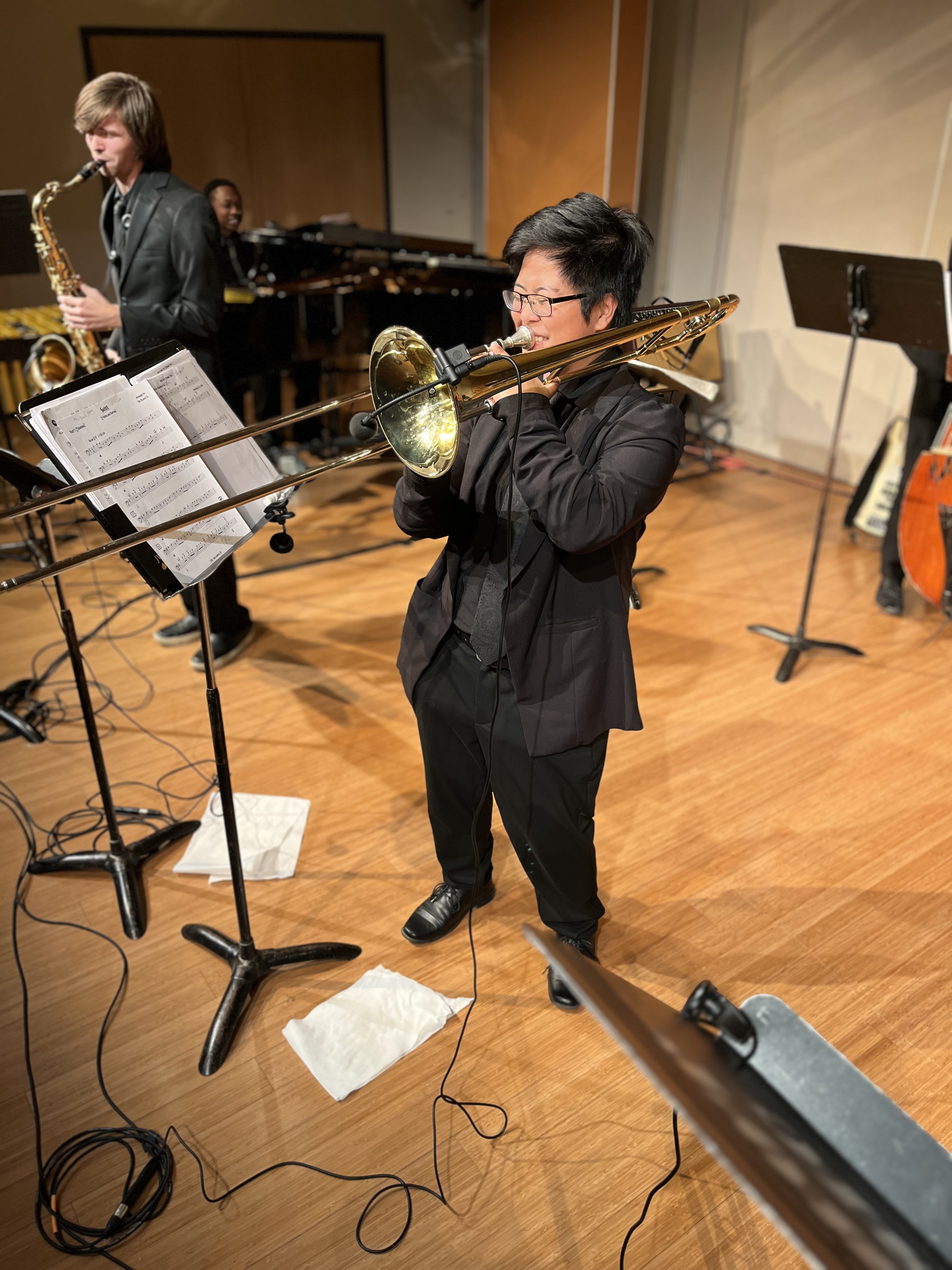
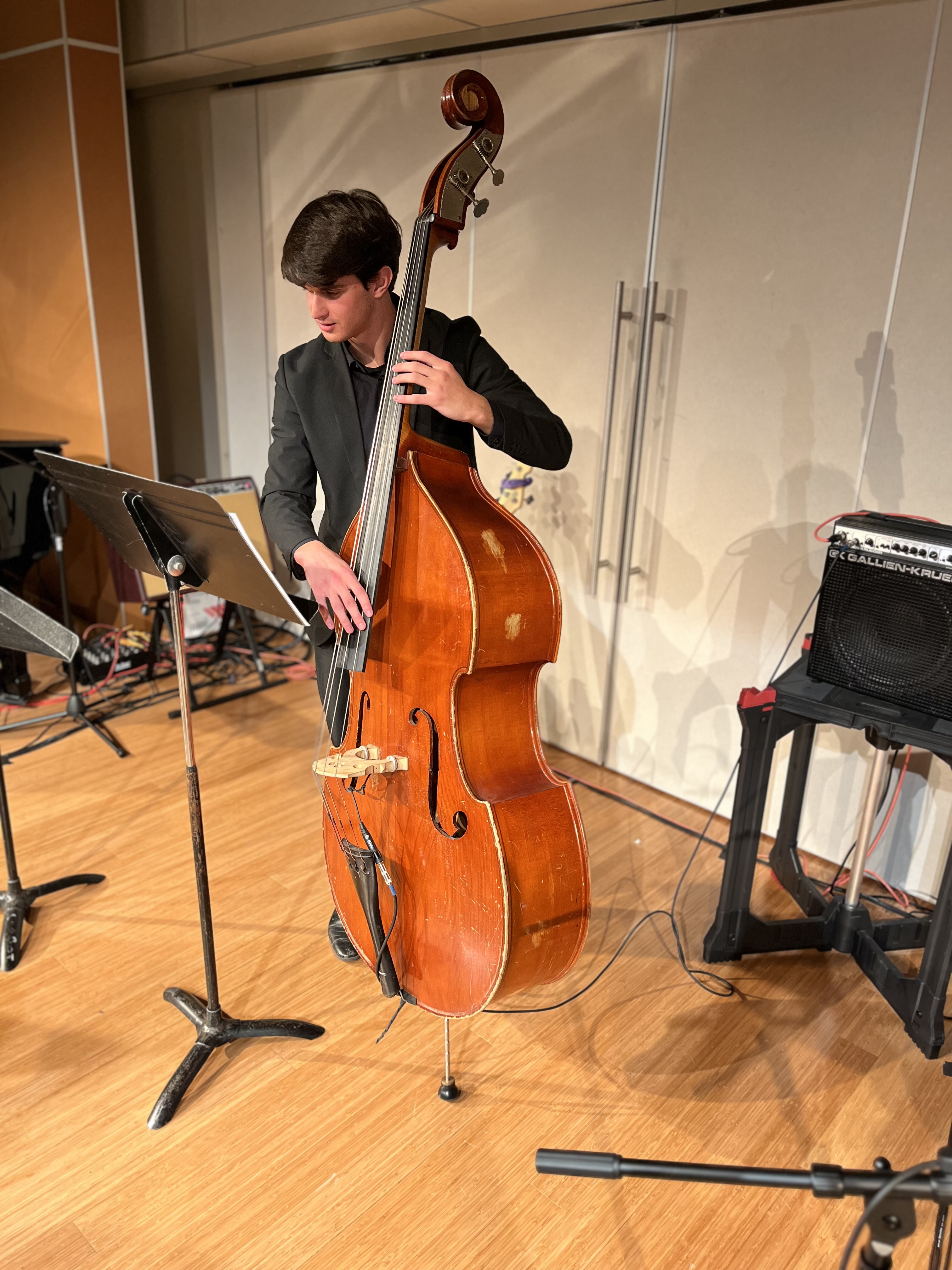
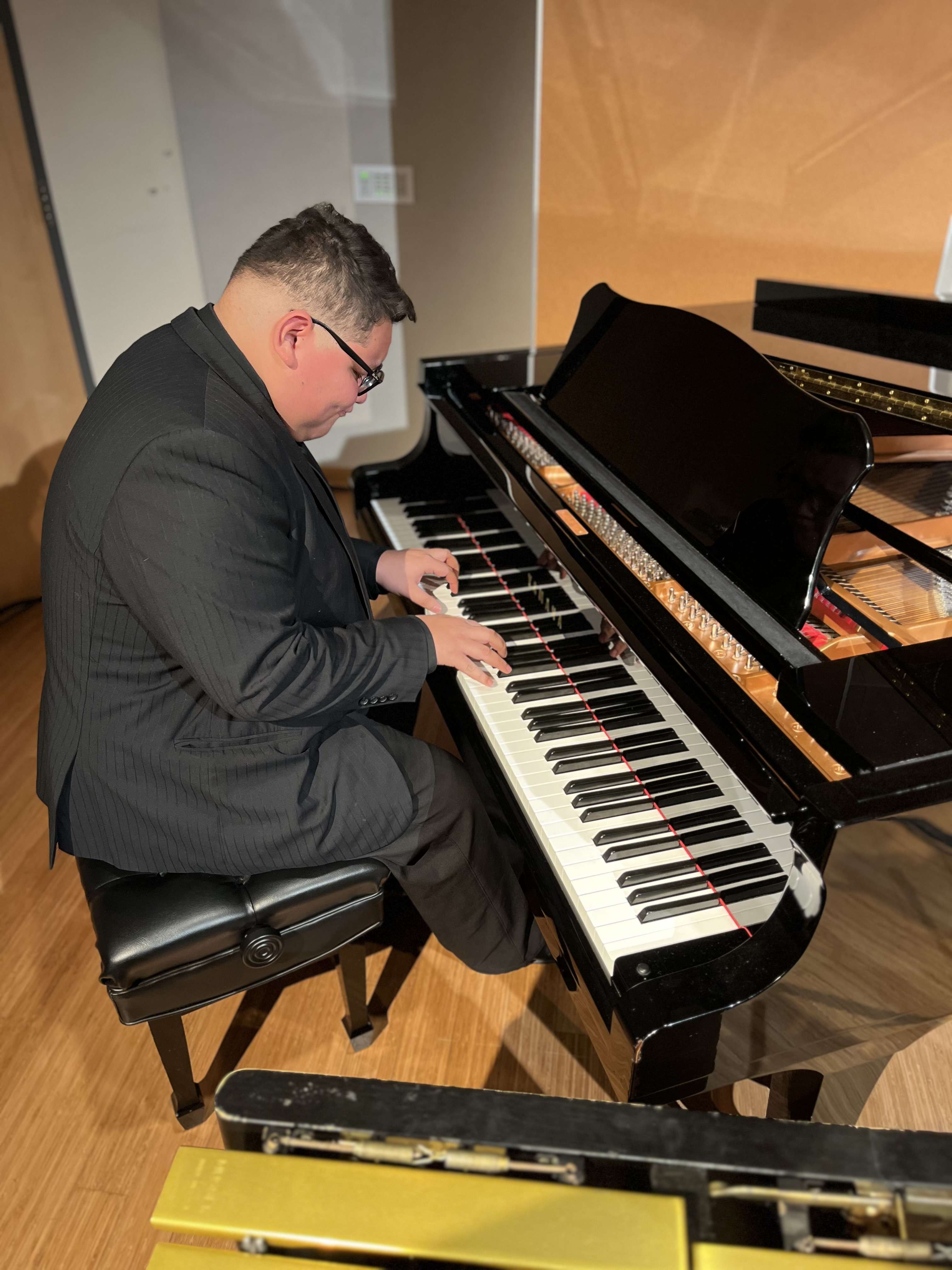
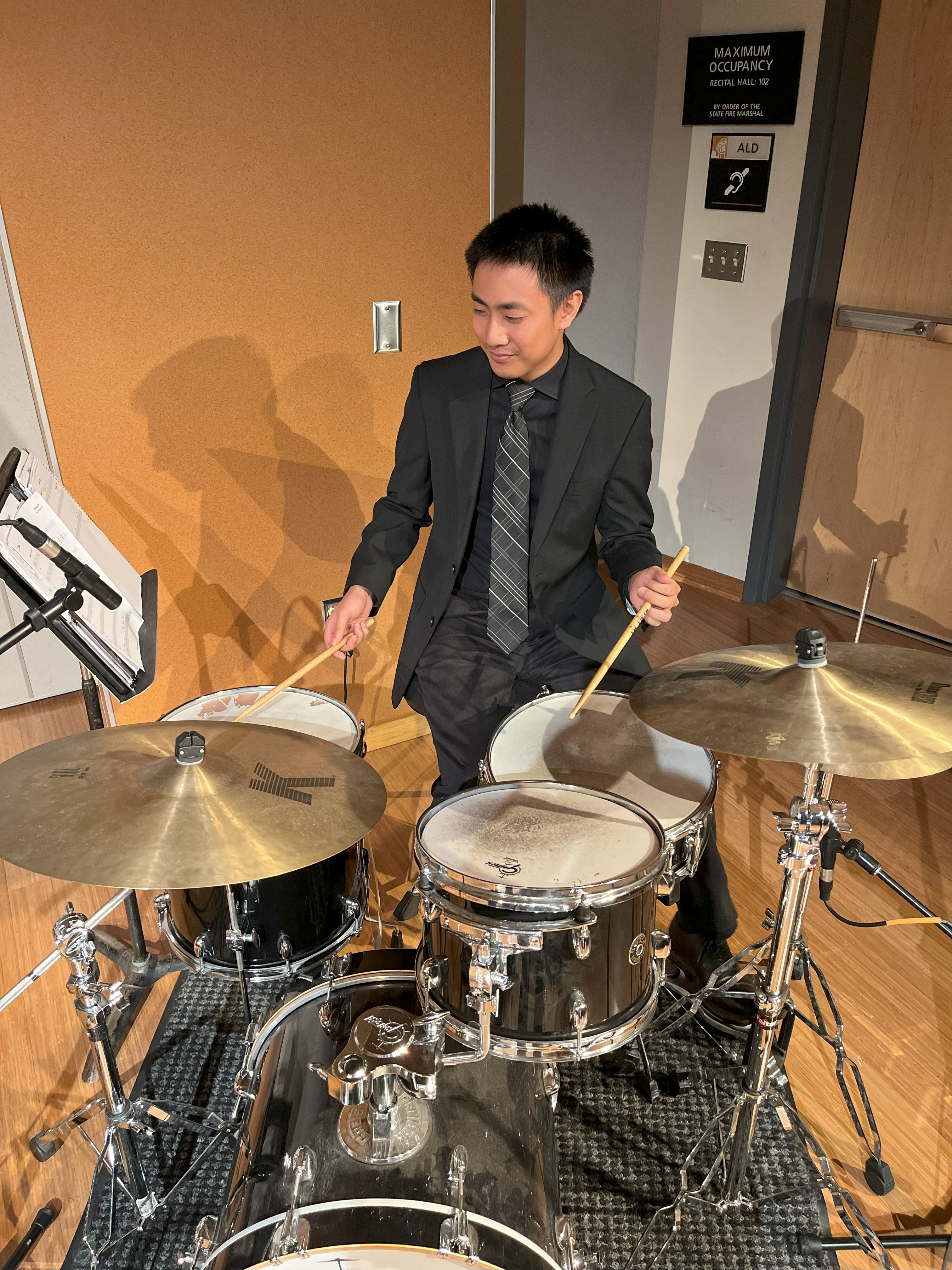
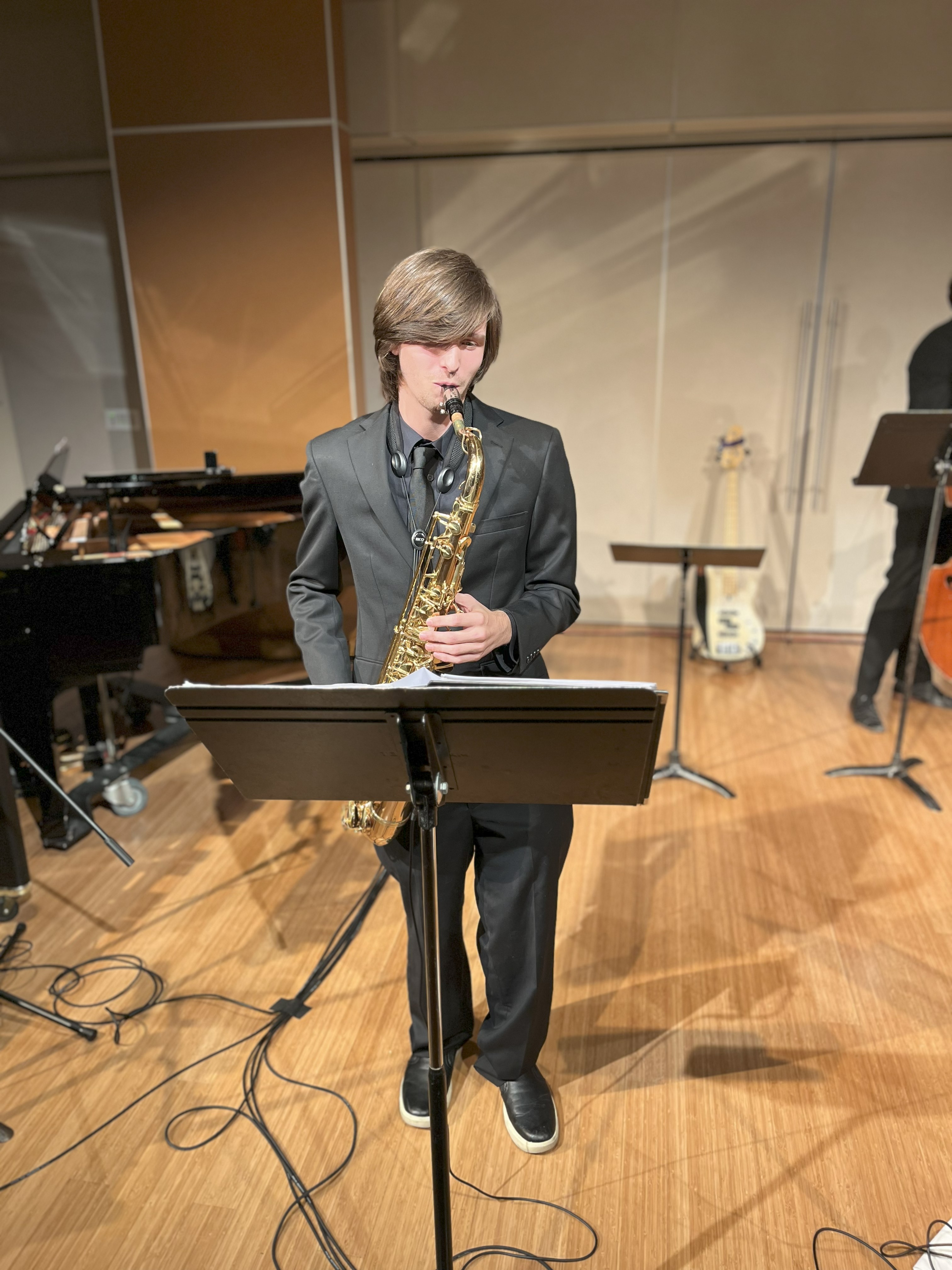
Program Highlights
Get ready for 130+ professional development sessions at the CATESOL25 State Conference!
Browse the Program Highlights below for a taste of the exciting sessions our presenters will be sharing.
For Tutors & Novice Teachers
- Introducing Twenty Teaching Methods to Design ESL Materials and Lessons
- The Physicality of Teaching Pronunciation: Three Guiding Questions and Activities
- Building Classroom Community And Vocabulary: Easy-Prep Fun And Games
- Structured Phonics Instruction for Newcomer and Beginner Learners
- Techniques and materials to teach basic literacy level ESL learners
For Advocates & Program Leaders
- Helping students validate their high school and foreign college degrees
- Building Pathways: Supporting ELL Newcomers from High School to College
- Real-World Civics in Action: KYR Teaching Tools for the ESL Classroom
Reading, Writing, & Grammar
- Creating Multilevel ESL Materials with Grammar, Vocabulary, and Cultural Relevance
- Grammar Instruction: Relic or Revelation?
- Korean college students' perceptions toward process writing in English
- Building Classroom Community And Vocabulary: Easy-Prep Fun And Games
- Why Writing Still Matters:Teaching for Accuracy, Voice, and Integrity in the Age of AI
- Teaching Paragraphs and Essays by Using AI Tools
- Evolving L2 Writing Teacher Expertise in Secondary and Postsecondary Contexts
CATESOL Educational Level Panels & Workshops
- TK-12: Collaborative Writing in K12: Supporting Diverse Abilities in the Writing Process
- IEP: Navigating Uncertainty: What to Do When Your Intensive English Program Faces Closure
- Adult Ed: Opportunities for collaboration among Adult ESOL Organizations and Communities
- CC: Updates & Discussion: What's Happening with ESL Assessment in Community Colleges
- University: Voices & Visas: Supporting Multilingual University Students Through Uncertainty
For Content-Area Teachers of Multilingual Students
- Developing a Cross-Disciplinary Training to Support English Language Learners
- Co-Teaching That Works: Small Groups, Big Impact
- Learning Together: Amplifying Student Voice in the EL [English Leaner] Math Classroom
- Yes, Chef! Engaging and Empowering ESL Learners through Vocational Content
- Adapting Corporate Workforce Development Programs for Immigrant Jobseekers
- Empowering English Language Learners Through Chabot College's EMS [Emergency Medical Services] Program
For the Tech-Curious
- Effective [AI] Prompting for Educators
- Visual Vibes: AI + Graphic Design for English Language Educators
- A Multidimensional Approach to Building Critical AI Literacy
- Timesavers: Use AI for Lesson Design and Instant Student Feedback
- Real-World Learning for Refugee Adults: Foundations for Effective Instruction
- Connection and Community: Working Better Together in Education with [Microsoft] SharePoint
- Accessible by Design: Using AI Tools to Create Inclusive Instructional Content
- Creating a Student Cookbook Collaboratively While Building Technological Confidence
- Tech-Enhanced Learning: Empowerment and Challenges in ESL Computer Labs
Career Enhancement
- CATESOL Journal – Teachers as Scholars: Demystifying the Academic Publication Process
- Thriving (Not Just Surviving): Honest Talk on Careers in TESOL
- Get the job: Tips for applying to community college faculty positions
- Teacher Agency in Professional Development-A Study in the Arabian Gulf
Community-Building
- Zines and community action in a service-learning course
- From Idea to Impact: How to Build a Meaningful ESL Service-Learning Course
- Beyond the Classroom: Empowering Students Through Community-Engaged Learning (CEL)
- Coastside Conversations: a look at social engagement in a small coastal ESL class
- From Storytime to Storytelling: Integrating Family Literacy into Adult ESL
- Pre-Literacy Phonics Program (Older Students) W/ Farsi videos [Multilevel]
- Stories in Motion:Translanguaging Zone of Proximal Development(TZPD) during Storytime
- Moalboal Tales: Community-Driven Bilingual Storytelling for Literacy and Identity
For Instructors, Volunteers, & Tutors
- Oral History: Amplifying Immigrant Voices in the TESOL Classroom
- Meaningful Endings: Innovative Final Projects for Multilingual Students
- Accessibility for All: How Inclusive Design Benefits Every Student
- The Innovative Applications of Social Media through Comics on Facebook
Listening, Speaking, & Pronunciation
- The Physicality of Teaching Pronunciation: Three Guiding Questions and Activities
- Negotiation 101: A scripted active listening activity for beginning negotiators
- UFLI Foundations: Supporting Non-Roman Script Speakers with English Pronunciation
- Structured Phonics Instruction for Newcomer and Beginner Learners
- Scaffolding Oral Communication in Noncredit ESL through AI and Technology
